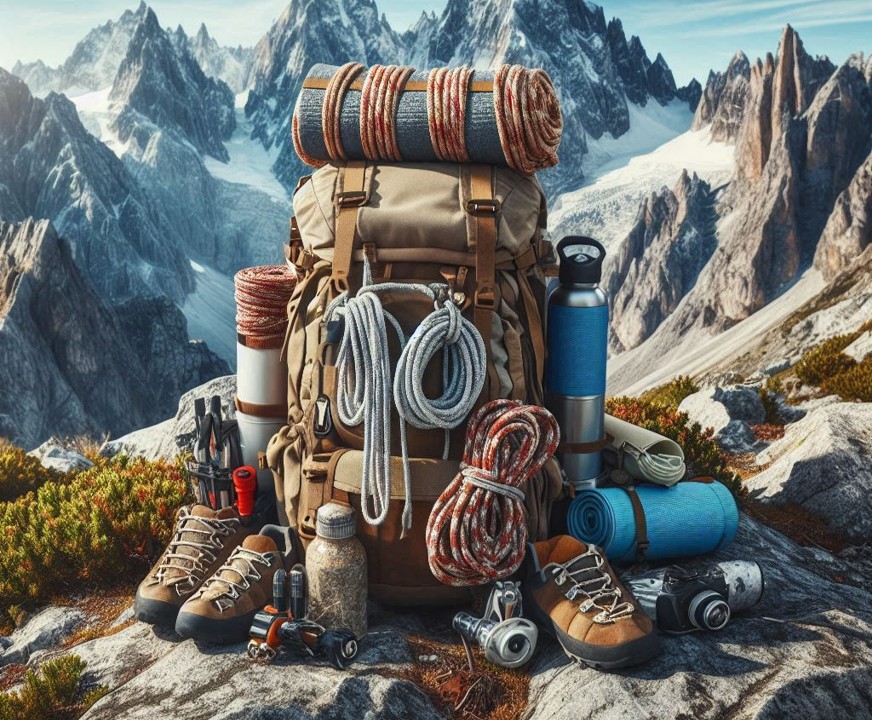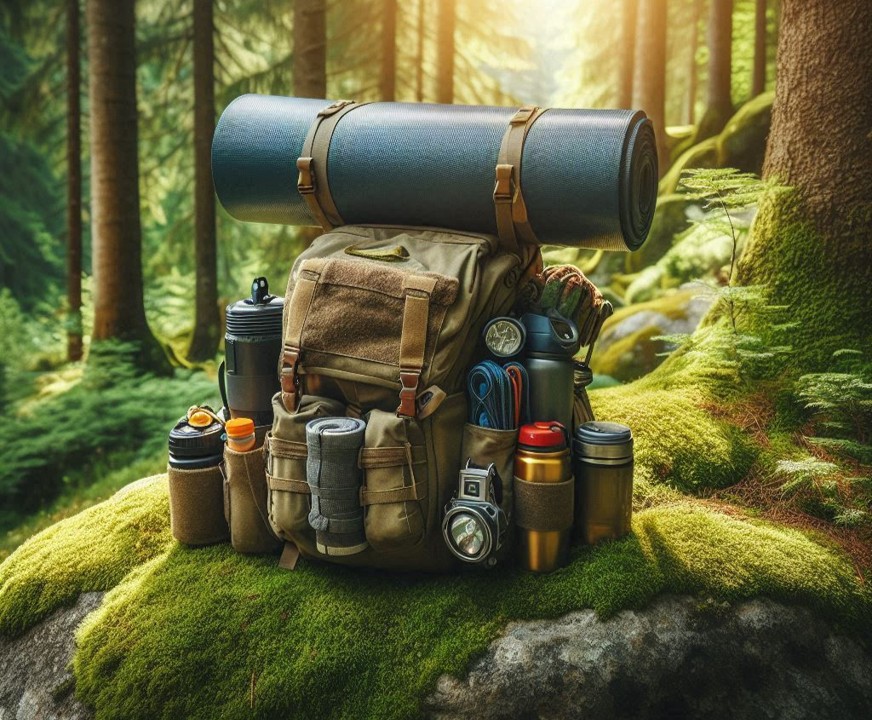
A common misconception is to imagine that predictive research or scenario analysis is an attempt to predict the future. Many people unfamiliar with the subject imagine people dressed in strange costumes, gazing into a glass ball or rearranging cards with gruesome images. Nothing could be further from the truth. The aim of this type of research and analysis is not to predict the future, but to try to create a projection of its variants, and thus to identify originally unconsidered, possible options for which it is worth preparing. Scenario planning is thus the "art of opening up perspectives", which is particularly useful in situations of uncertainty or unstable times. It is hardly surprising that this form of knowledge and way of looking at reality is currently experiencing a renaissance around the world. Since time immemorial, this way of reflection has been used in the military, and for several decades now it has been successfully applied by large corporations. PTC's undisguised ambition is to popularise this kind of technique, especially in the small business sector and public administration, as reflected in the Polish Digital Resilience Agenda 2040.
In fact, we make this kind of analysis all the time without realising it. An example would be taking an umbrella for a possible change in the weather. Any attempt to answer the question: "what if?" has the implicit seed of this kind of thinking.
It is time for the title parable.

Imagine that we are to go on a hike. The beginning of the road leads through picturesque valleys and the road itself is pleasant. Every now and then we stop to rest and have a cup of tea. Nothing but us and nature. The thing is, we are immediately informed that when we reach a crossroads at a certain point, the further expedition is no longer idyllic. We are to find instructions about the further course of the journey under a marked stone: we will be asked to go through the forest or along a mountain trail. On setting out on the expedition we do not yet know this. We must first reach a point where we receive further instructions. And now the question: how do I pack my rucksack so that I am ready for different variations of the expedition? The equipment of a rucksack for a forest trail is very different from the one we will take into the mountains, and after all, we cannot take two fully equipped rucksacks. We need to choose universal items that are useful on both expeditions: essential, lightweight and in such quantities that they can be packed into one rucksack. It does not hurt to be prepared for the extreme inconveniences of both situations, such as a wild animal attack or a sudden change in weather. The shoes we take with us should preferably be versatile and worn straight on our feet.
In fact, we are dealing with not two but three pies:
- mountain,

- forestry,

- and... compromise.

The third one, despite its imperfection in each of the travel options, seems to be an optimal consideration. And so we come to believe that a scenario-based strategy is, on the one hand, a search for trade-offs but, on the other, above all, the acquisition of a skill called 'agility', which allows us to change our plans quickly and in advance. The rest is just procedures developed over the years, assessments of phenomena and their interrelationships.
After all, what will a seasoned traveller do?
He will pack his rucksack a little more than enough. He will stop more often to rest for the initial part of the expedition. However, once he reaches the right point where he will receive information about the way ahead will leave unnecessary equipment there. It's all based on the relevance of the objective at hand. This approach is already one possible strategy, but it would not be one without the use of a scenario approach.
This is, of course, only a simplified and illustrative view of what we are dealing with in this kind of work. In reality, no one puts forward such simple alternatives, and the analysis of the options under consideration is often cascading. For what if the traveller does not know what continent and what time of year he or she will suddenly be sent on an expedition, and the backpack should be packed in advance?
We hope that this form of information about our activities suits you. Please feel free to make any suggestions.
